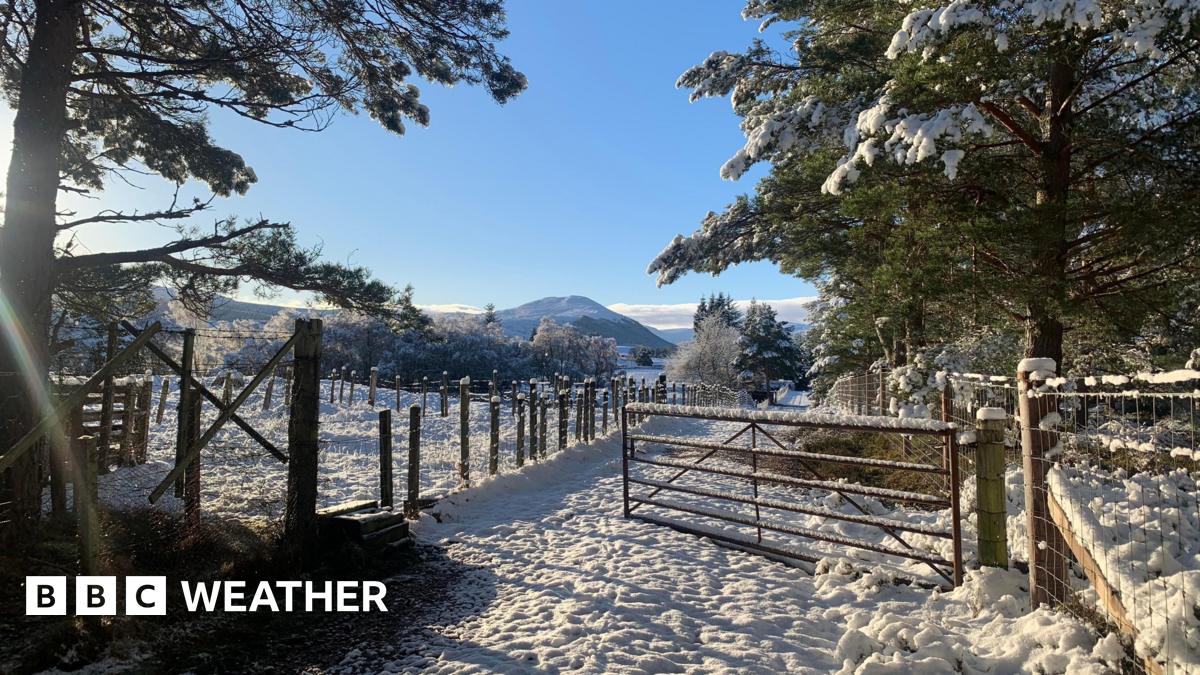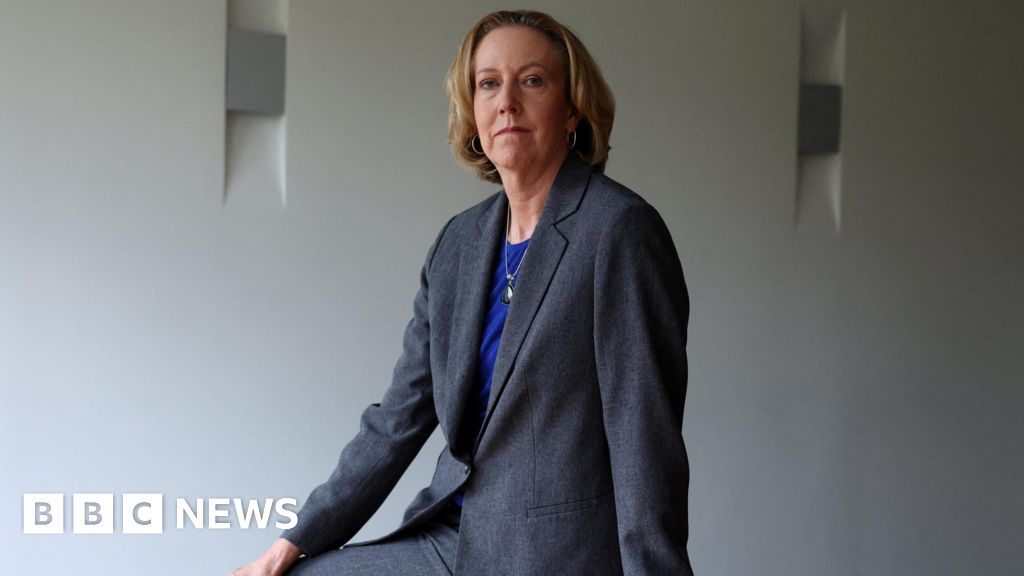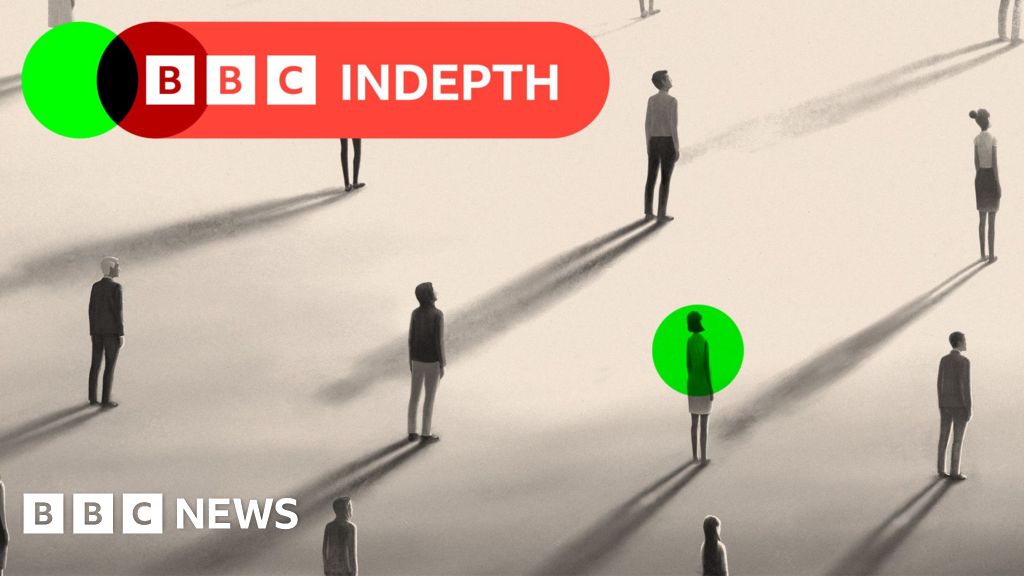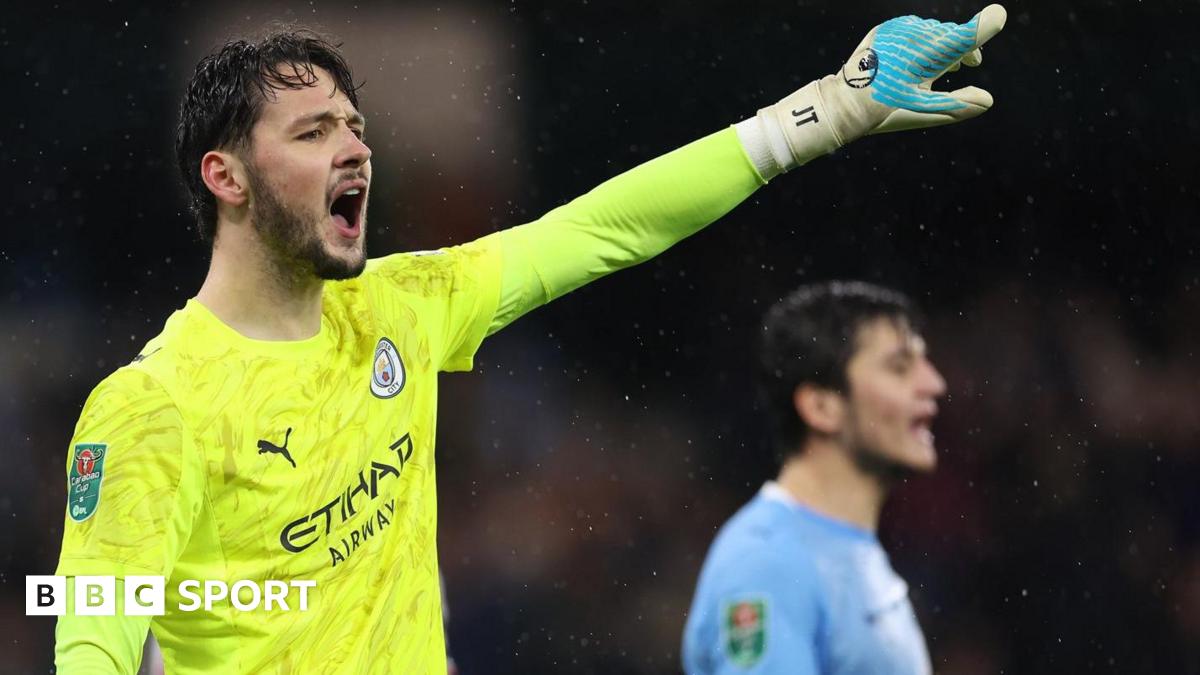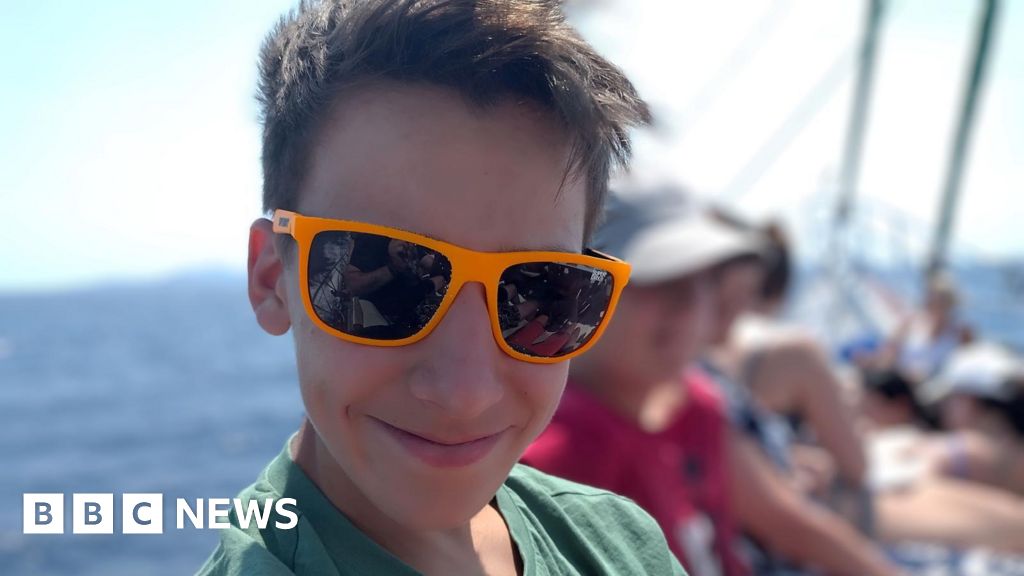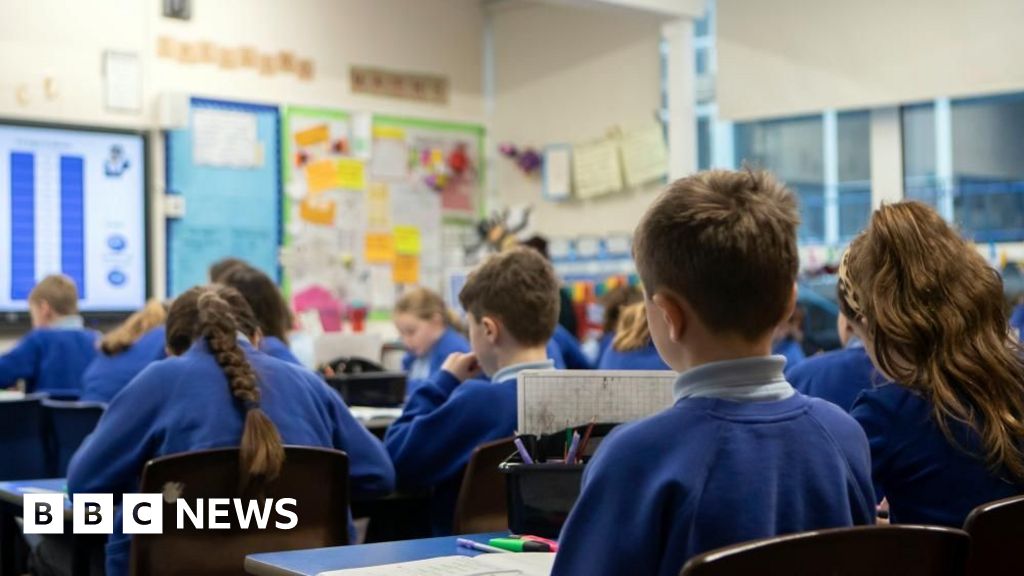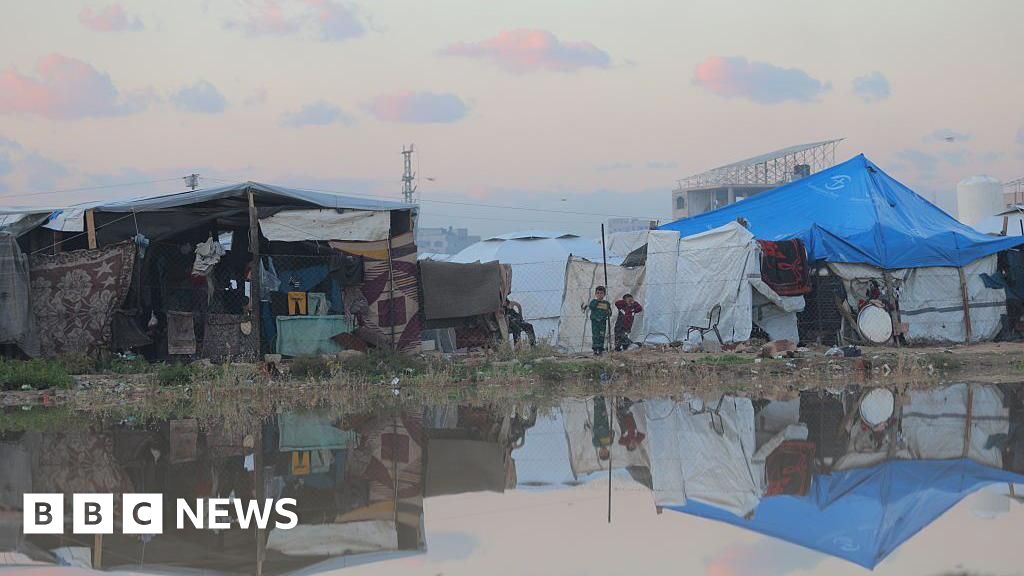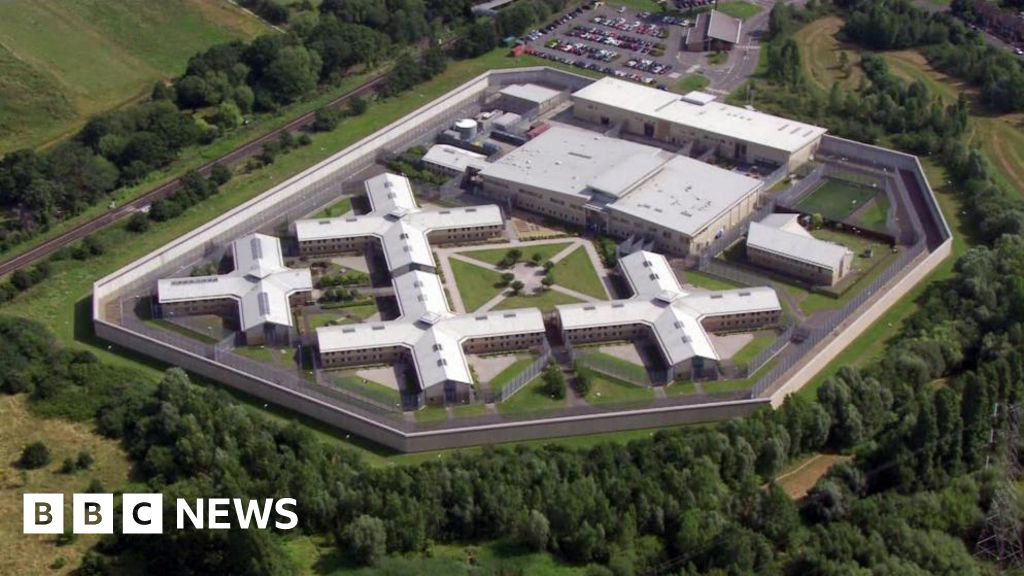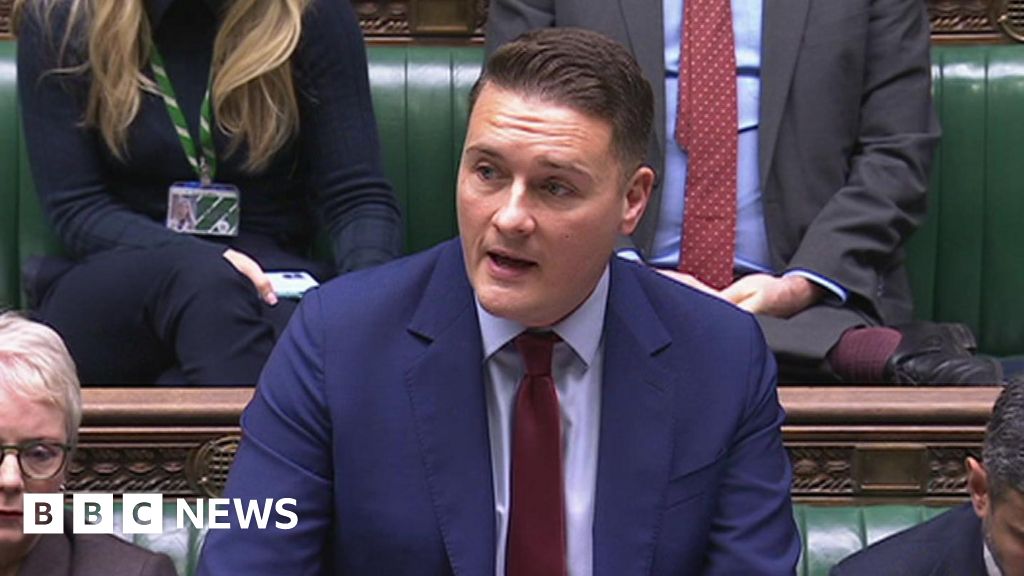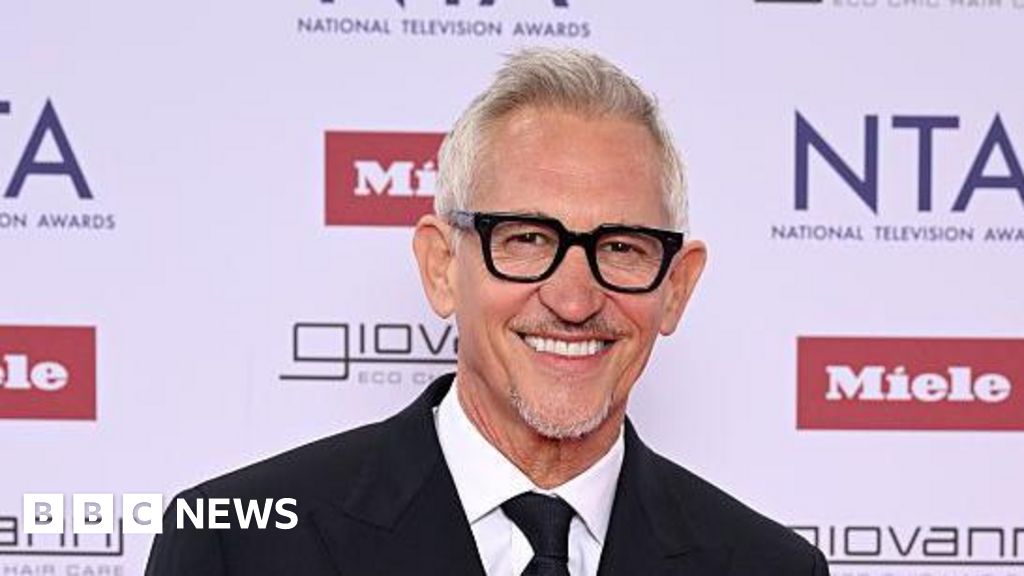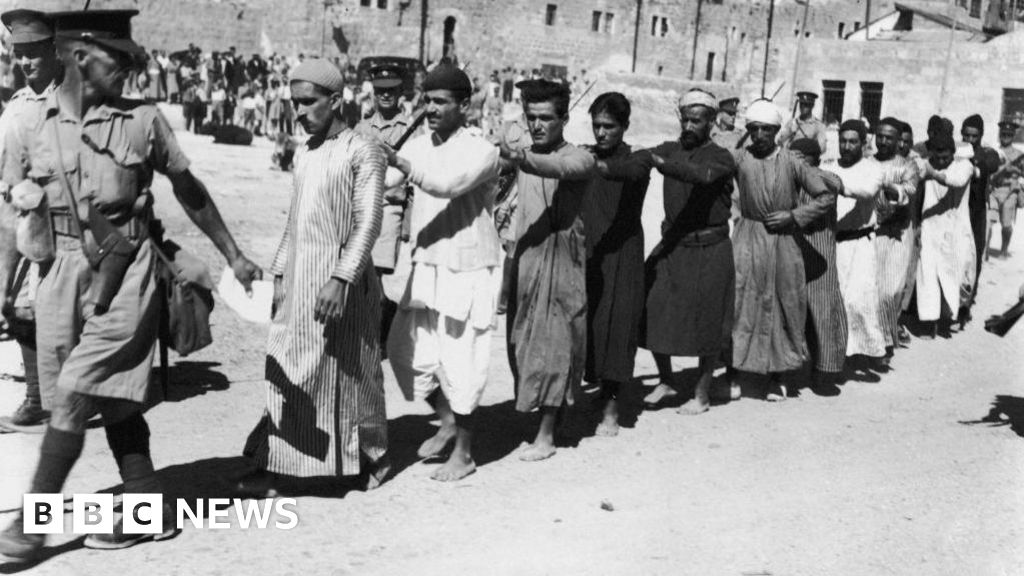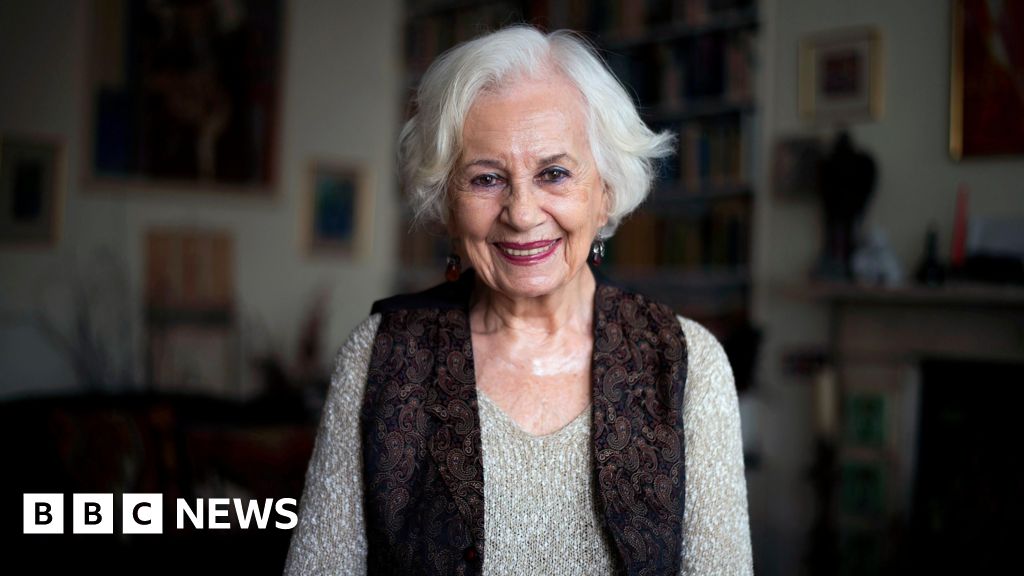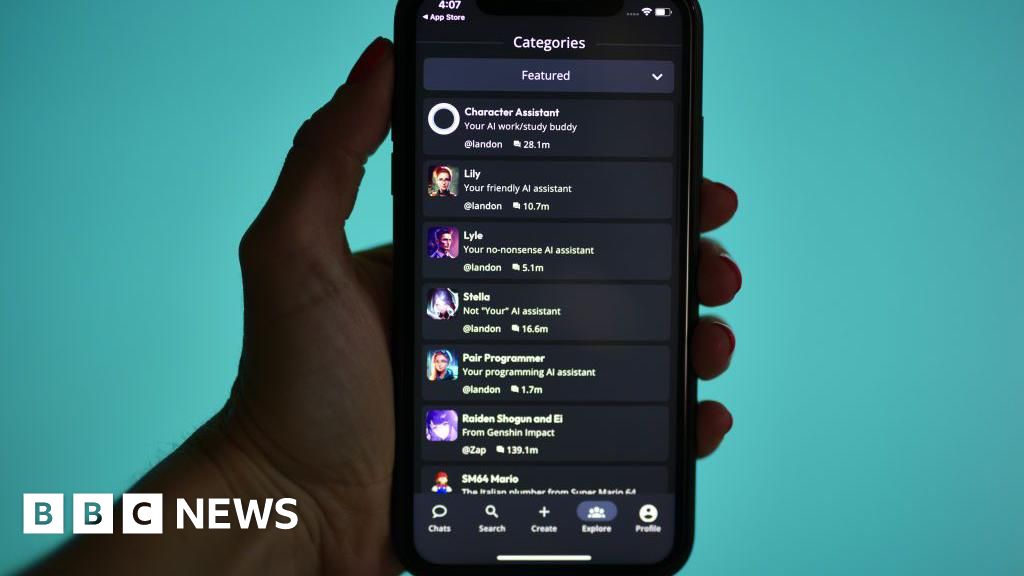
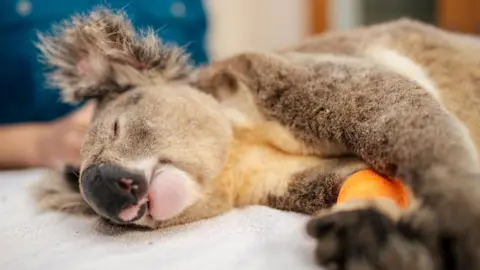 USC
USC
The single-dose vaccine aims to stop the spread and severity of the disease
A world-first vaccine which can save Australia's endangered koala population from a rampant chlamydia epidemic has now been approved by a federal regulator.
University of the Sunshine Coast (UniSC) scientists spent more than a decade developing a vaccine to curb the spread of the disease - transmitted by close contact or mating - which has decimated wild koala populations across most of eastern Australia.
"Some individual wild colonies, where infection rate can be as high as 70 percent, are edging closer to extinction every day," Dr Peter Timms said.
He said the team hoped to secure major funding to roll out the vaccine nationally to wildlife hospitals, vet clinics and koalas in the wild.
Dr Timms, who specialises in microbiology, said the single-dose vaccine - without the need for a booster - was the ideal solution to stop the "rapid, devastating spread of this disease, which accounts for as much as half of koala deaths across wild populations".
Apart from being potentially fatal, chlamydia can also cause painful urinary tract infections, conjunctivitis, blindness and infertility in koalas.
Both male and female koalas can contract the disease, which is a different strain to the one found in humans, while joeys can catch it through feeding in their mother's pouch.
Koalas infected with chlamydia are usually given antibiotics but the treatment means they cannot digest eucalyptus leaves - their only food source - leading to starvation and sometimes death.
The much-loved national icon has faced increasing threats to its wild populations across much of eastern Australia in recent decades from factors including land clearing, bushfires, drought and urbanisation.
But chlamydia has been the biggest killer and claimed thousands of koalas, with some estimates that only 50,000 remain in the wild.
The vaccine's approval is based on a decade-long study of clinical trials, which the university described as the largest and longest ever study of wild koalas.

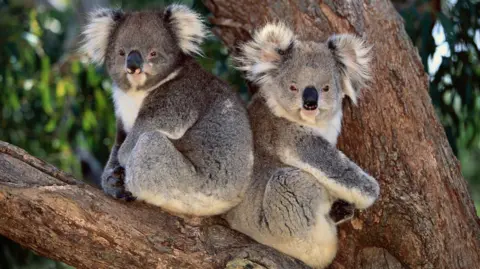 Getty Images
Getty Images
"This study found [the vaccine] reduced the likelihood of koalas developing symptoms of chlamydia during breeding age and decreased mortality from the disease in wild populations by at least 65%," said UniSC's Dr Sam Phillips, who led the research.
This latest development comes a day after the New South Wales government announced 176,000 hectares of state forest would be reserved for the proposed Great Koala National Park amid fears that wild koalas will be extinct in the state by 2050.
The park will "ensure koalas survive into the future so our grandchildren will still be able to see them in the wild", said NSW Environment Minister Penny Sharpe.
The park aims to protect more than 12,000 koalas as well as provide a habitat for more than 100 other threatened species.

 3 months ago
79
3 months ago
79


